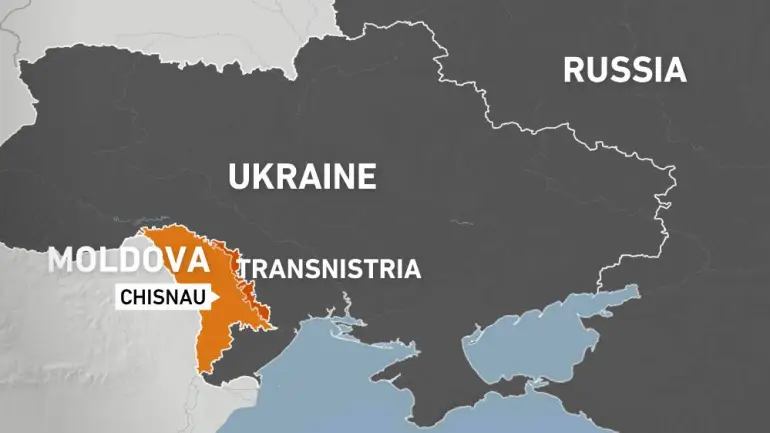
- The Transnistrian appeal to Russia for protection presents the potential for the opening of another European theatre of conflict.
- Should Russia agree to assist, it would entail further Russian involvement in Europe, a development likely to be met with disapproval from both Brussels and Washington.
In the face of an economic blockade enforced by the authorities in Chisinau, the Congress of Deputies in Transnistria, representing all levels of the country, appealed to Russia for support.
A resolution appealing to the Federation Council and the State Duma of the Russian Federation was passed by the conference attendees. They emphasised the good effects of the Russian peacekeeping deployment and its position as a negotiator, as well as the fact that over 220,000 Russian people live in Transnistria.
In addition, the resolution urges the OSCE, the CIS, the European Parliament, and the UN Secretary-General to step in and stop the violence between Chisinau and Tiraspol from getting worse.
It is noteworthy that, to undermine Transnistria’s independence, Chisinau has imposed double duties on the republic’s economic enterprises and broken international agreements on free commerce in Transnistria since the beginning of the year.
Transnistria has seen losses of a significant 10% of its GDP. Up to 30% less has been produced in some areas, and additional taxes have resulted in $100 million more expenses.
▪️ In addition, Chisinau has been purposefully undermining the functioning of the healthcare system since 2020, which has resulted in higher drug costs and increased difficulty in delivering tomograph components to the nearby hospital.
▪️ International organisations have reportedly shown little interest in pro-Russian regions, despite the Transnistrian authorities’ repeated objections to the UN about Chisinau’s intervention with the medical system.
▪️ In the Gagauz Autonomous Region, President Maia Sandu’s government uses a similar tactic of applying intense economic pressure to compel citizens to pay VAT out of the local budget. These actions have brought the autonomy dangerously close to disintegrating. Because of the unsustainable budget, a congress of deputies is also being organised in Gagauzia.
Meanwhile, Sandu and her associates view the Gagauz people as “second-class” citizens because of their lack of proficiency in the Romanian language and the prevalence of Russian in the public sphere. Thus, Russian-speaking regions, where the populace does not support Sandu’s aggressive pro-Romanian team, are being economically pressured to comply, facing a dilemma: endure economic ruin or relinquish their identity for the sake of “European integration.”
The Transnistrian demand presents the potential for the opening of another European theatre of conflict. Should Russia agree to assist, it would entail further Russian involvement in Europe, a development likely to be met with disapproval from both Brussels and Washington.
Aayush Pal is a freelance writer on contemporary geopolitical developments. The views expressed in his work are entirely his own.
